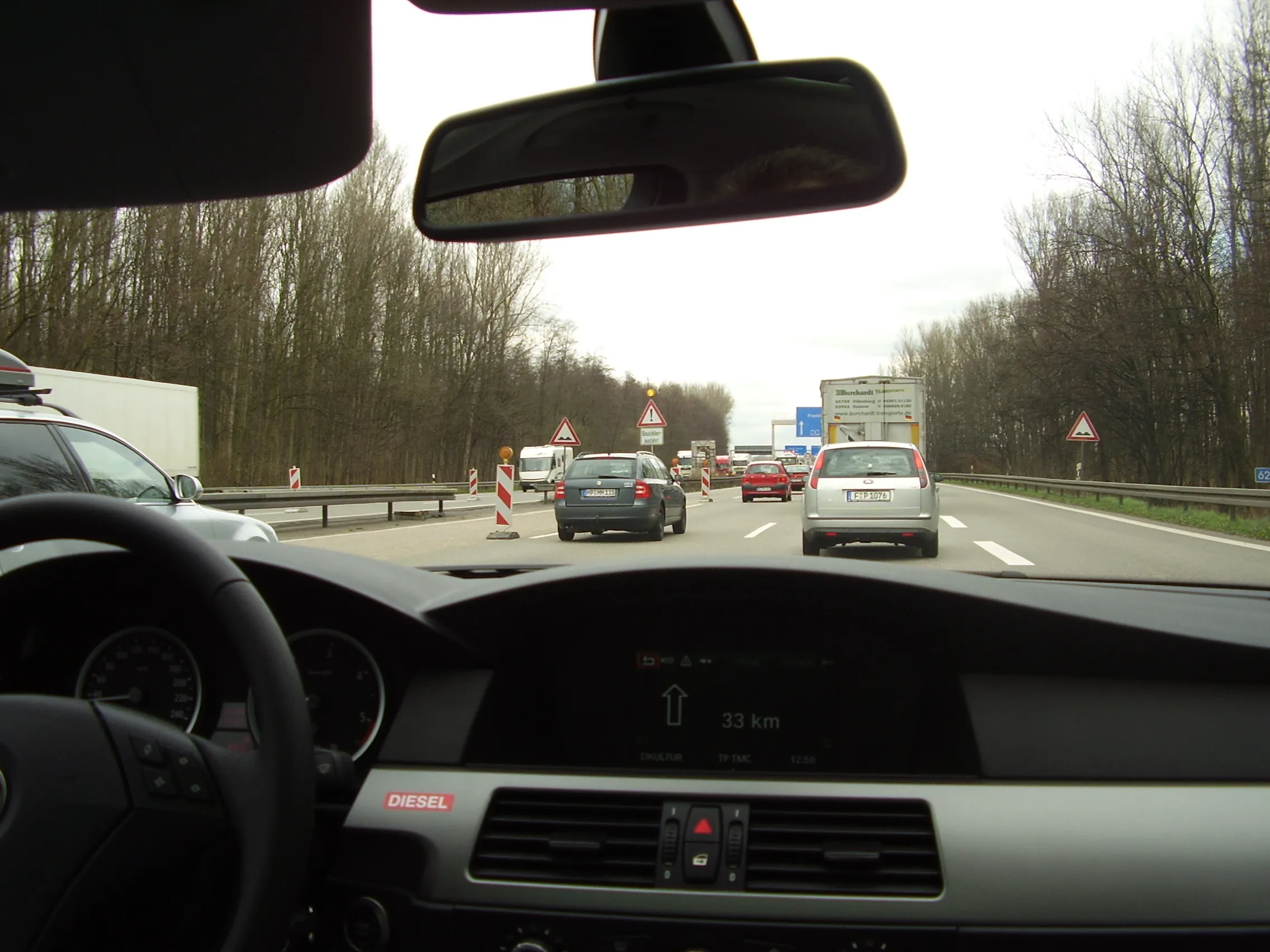
In the past, governments were able to fund road expansion programmes from their own sources. The most ambitious of these came when the US Government commenced construction of the Interstate system in 1956, establishing the Highway Trust Fund to pay for the work. This funding method uses fuel taxation to pay for highway development and maintenance. However, the revenue from fuel taxation has not been sufficient to pay for the backlog of repairs and highway upgrades in recent years. Tolling has been suggested as a way of improving the crumbling Interstate network, much of which still dates back to the 1950s and long since gone past its design life. Laws on tolling of the Interstate system have been loosened, and in some US states tolled highway expansion projects are now proliferating.
Tolling is being used worldwide to develop road systems. Both China and India are constructing tolled highways to improve transport in these vast and highly populated countries. Chinese funding is also helping to pay for many road projects in parts of Africa for example, while in India and other Asian nations, Public-Private Partnerships (PPPs) are proving popular for financing tolled highway projects.
The high-quality tolled Autoroute system in France has shown how well-constructed and managed highway routes can boost transportation. But even in France, problems persist. The roads connecting the Autoroute network to towns and cities have been underfunded for decades, and are in serious need of repairs and upgrades.
Even tolling projects can face serious financing problems. In recent years, Spain developed an impressive network of new tolled highways. However, the funding for many of these projects was based on estimates for future traffic volumes that were at best, highly optimistic. Some industry experts have commented rather cynically on projections for traffic growth and the methods used to achieve these. Several major tolled highways hit the rocks financially and had to be rescued; such projects are not limited to Spain and have been seen elsewhere in the world also.
The truth is that that there is no magic bullet and no simple way to finance road development and maintenance programmes. If there was an easy solution to road funding, we would have found it.









